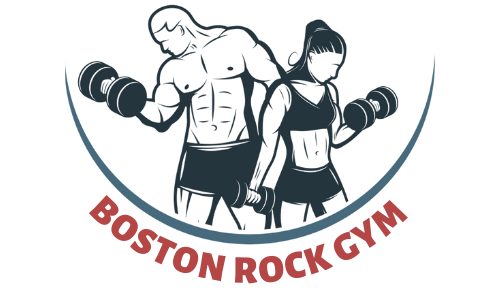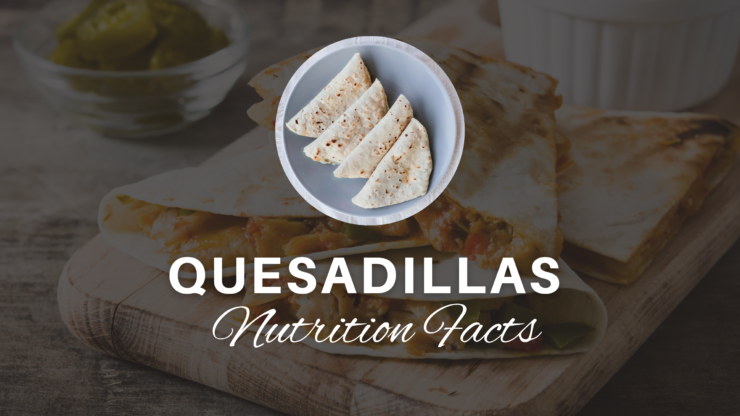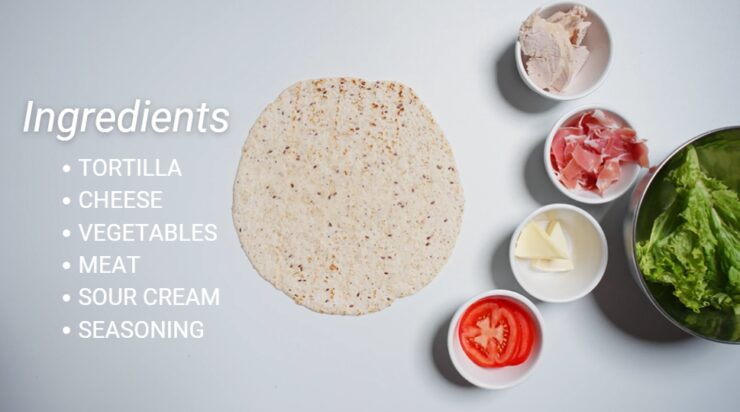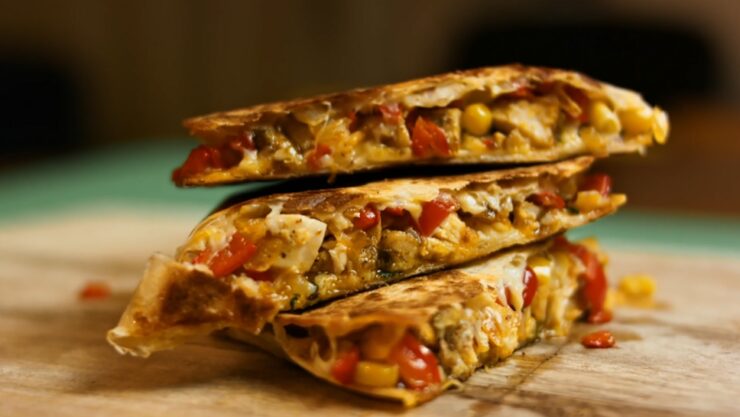A quesadilla is a delicious Mexican dish that is stuffed and wrapped in tortillas. You can find it in most restaurants, but it is also very easy to make at home, making them a popular meal world-round. But are quesadillas healthy? We did a bit of research, and today we are going to touch on this subject and break down the ingredients of this food.
Quesadillas are typically made with either corn or a flour tortilla and are stuffed with Mexican cheese. These are, generally, standard ingredients, but there is much more to them. They are a healthy dish since they offer a balance of all three macronutrients, but the health of this food entirely depends on how you make it. In this article, we will break down everything you should know about quesadillas. There is a lot to cover, so let us begin.
Contents
Are Quesadillas Healthy? – Ingredients List
In order to find out whether or not quesadillas are healthy, we need to break down and analyze all the ingredients in them. Here are the main ingredients that make this highly popular dish.
Tortilla
One of the essential ingredients of quesadillas is a tortilla. Tortillas are generally healthy, depending on the ingredients used to make them. The ones that are made from corn are generally healthier than those made from flour, as corn delivers more vitamins and minerals to support healthy nutrition.
There are also whole-grain tortillas that are a better and healthier choice, as they provide more plant-based compounds and nutrients. They are pretty light on your stomach, and if not calorie-wise, they are an excellent food health-wise, especially when compared with bread.
Cheese
Although countless people are fans of cheese that goes in quesadillas, it is loaded with calories; therefore, not the best ingredient if you are careful about your calorie intake. When we put cheese in our quesadillas, we tend to overindulge, which is not the wisest and healthiest decision.
However, not everything is so grim because when you put the calories narrative aside for the moment, you can see that cheese is very healthy. It is a great source of B12 vitamins, protein, and calcium, which are all important nutrients in diets.
There are actually types of cheese that might even help in weight loss, such as light mozzarella, blue cheese, tofu, etc. However, there are other types that are very rich in sodium and fat; thus, it is important to pick the right slice of cheese to make your quesadilla healthy.
Vegetables
Vegetables are a very healthy ingredient, and unless you have some type of enmity or allergy to a specific veggie, you should be fine. However, it would be best if you were careful as some types of vegetables may interfere with treatments for certain illnesses.
For example, excessive intake of cabbage can interfere with some therapies for thyroid issues, while pumpkins can cause problems for people with diabetes, although it is unlikely that anyone would put pumpkins in quesadillas.
The point is vegetables are the downright healthiest ingredient in quesadillas, but you should pay attention to which types you are using, especially if you have some sort of medical condition.
Meat
Meat is a very nutritive addition to quesadillas, but whether or not it is healthy for you depends on the type of meat you plan to add. Generally speaking, meat is one of the greatest sources of protein out there, and it is also very rich in iron, calcium, vitamins, minerals, and folic acid.
In addition, meat does an excellent job of replenishing your body and strengthening your immune system. To put things in perspective, although a gram of meat produces the same amount of energy as a gram of bread, the meat will keep you satiated for a longer period, reducing your calorie intake.
However, when it comes to calorie intake, you should be careful when adding meat, especially if you are looking to lose some weight. Meats such as beef and pork are very high in calories and are also classified as red meat, meaning that, long-term, they can contribute to clogging your arteries.
Oil
This ingredient is optional in quesadillas, as some people like to prepare them in the oven without any oil. However, if you like to make this dish with oil, the type you are using also plays a big role in how healthy it will be once done.
For example, olive oil and extra-virgin olive oils are the healthiest types, and although they are a bit more expensive than other types, they are a very good option. There are also other healthy oils, such as canola oil, grape seed oil, rice bran oil, peanut oil, etc., that are also excellent choices.
In case you make quesadillas almost every day, we strongly suggest you consider using some of these oils. However, if you bake your quesadillas, they will contain little to no oil, and this is by far the healthiest option.
Sour Cream
This is a common ingredient in quesadillas, but it is also optional. Sour cream can be a healthy ingredient in this dish, but it depends on what you are using to make it. As long as you keep the ingredients of your sour cream low in sugar and fats. You can also opt for Greek yogurt as a healthier alternative.
Seasoning
Seasoning is a very important thing to consider when it comes to quesadilla ingredients, as many spices suitable for this dish can contain way too much salt, which consequentially leads to increased sodium intake.
If you like to add soy sauce, oyster sauce, or something similar, make sure to limit the amount you are adding. This is due to the fact that anything that adds the extra salty crisp to your quesadillas likely has excessive amounts of sodium.
This especially goes for quesadillas that are served in restaurants, as these dishes are typically heavily seasoned. However, if you make them at home, you can limit seasonings that are high in sodium and make this dish much healthier.
Bottom Line: Is This Dish Healthy?
How healthy your quesadillas are entirely depends on what ingredients you use to make them. Eating this dish in a restaurant is not the healthiest option as chefs usually season quesadillas heavily and make them with meat that is very high in calories.
However, if you make quesadillas from the comforts of your home, you can pick each and every ingredient you want to add. Use only quality meats, low-fat cheese, vegetables, olive oil, and seasonings low in sodium (or the ones with moderate amounts), and you should be able to make delicious and healthy quesadillas.

Steve is a certified trainer with more than 10 years of training experience and he holds a Master’s in Sports Science. Prior to Boston Rock Gym, Steve worked for two years as a personal trainer.





